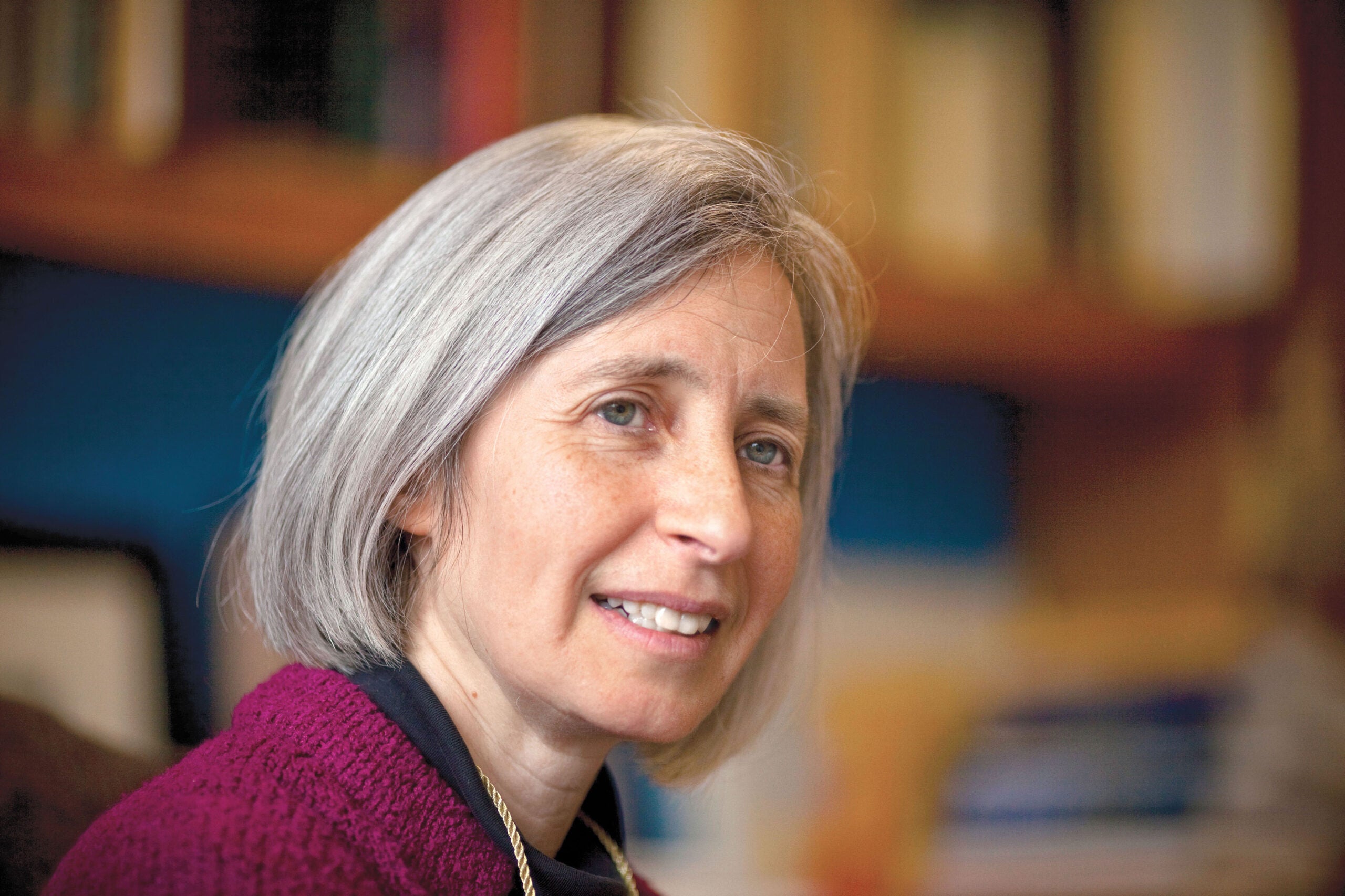[pull-content content=”
“Just as energy is the basis of life itself, and ideas the source of innovation, so is innovation the vital spark of all human change, improvement and progress.” This comment by Ted Levitt, long a professor at Harvard Business School, captures much that is true about both for-profit and nonprofit activities. Innovation has not always taken center stage in legal training, yet lawyers lead and advise enterprises developing innovative technologies and industries, lawyers devise policies profoundly affecting prospects for innovation, and lawyers also invent social ventures that unleash and direct people’s desires to help others.
” float=”left”]
Our cover story features students and alumni who are launching their own ventures, and the school’s growing efforts to assist such endeavors. We offer courses and workshops on social entrepreneurship, nonprofit organizations, company creation, business strategy, designing dispute resolution systems, and law and finance of startup companies, as well as courses focused on innovation on the Internet, lawyering in cyberspace and lawyering that shapes pharmaceutical industries. The Public Service Venture Fund announced last year stimulates advising and planning, and current first-year students will be the first group eligible to compete for grants from the fund, which authorizes $1 million per year to new and recent graduates. HLS will also take part in the university’s new Innovation Lab, an incubator for public service and private enterprises opening on campus this fall. Our students and alumni pursue the satisfactions of innovation; the nation’s future and the welfare of the world depend on new ventures. Moreover, entrepreneurial approaches are central to problem-solving and to navigating a rewarding career. As physicist James Yorke said, “The most successful people are those who are good at Plan B,” and in the current economy, learning to take and manage risks and to devise and implement effective business plans and metrics of success will be crucial for just about any career path our students pursue.
Public-sector service can inspire private-sector leadership, as Kenneth Frazier ’78, the new CEO of Merck, the world’s second largest pharmaceutical company, reveals in these pages. And private-sector tools can elevate public service, as demonstrated by the ingenuity of our clinics and student practice organizations, which combine financial analysis, bankruptcy representation, community partnerships, and trial and appellate litigation to staunch the foreclosure crisis in Boston and beyond.
Looking across the globe for the best models promoting rights for persons with disabilities, HLS Professor William Alford ’77 and Visiting Professor Michael Stein ’88 run the Harvard Law School Project on Disability. After playing an important role drafting and securing support for the U.N. Convention on the Rights of Persons with Disabilities, they now advise many nations on its implementation.
Our emphasis on innovation will be strengthened greatly by our newest additions to the faculty. U.S. District Judge Nancy Gertner and tax expert Stephen Shay will be our newest professors of practice. Jacob Gerson, an expert on administrative law, will come to us from the University of Chicago. Richard Lazarus ’79, a pre-eminent scholar and practitioner in environmental law, will join us, as will tax and finance expert Mihir Desai, who will be a professor of law at HLS in addition to his current post on the faculty of Harvard Business School. Holger Spamann LL.M. ’01 S.J.D. ’09, a rising star in corporate law and governance, will be an assistant professor, and Robert Greenwald, a pioneer in health law and policy, and a leading advocate for people with HIV/AIDS, will be a clinical professor of law.
We mark the loss of two innovators. A giant in the legal profession, Joseph Flom ’48, architect of modern takeover practice and builder of a powerhouse global law firm, was also a visionary philanthropist and a great friend to this school. We also mourn a beloved member of our faculty, Bill Stuntz. His pathbreaking work in criminal law transcended usual debates; his teaching as a Christian theorist inspired people across our community and beyond. We celebrate their lives of creativity and inspiration.
Dean Martha Minow

